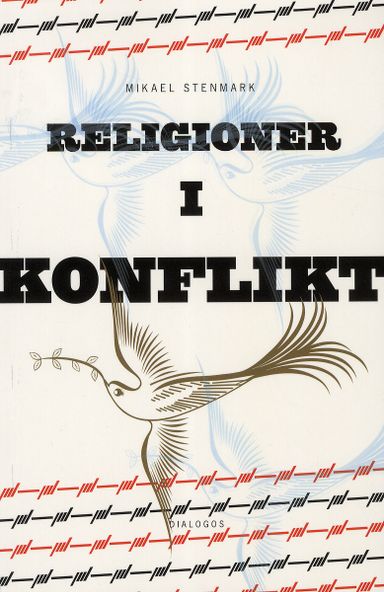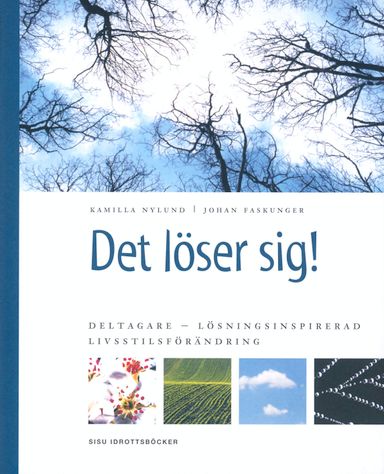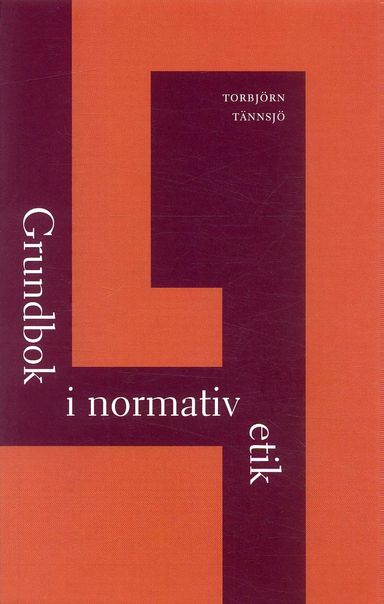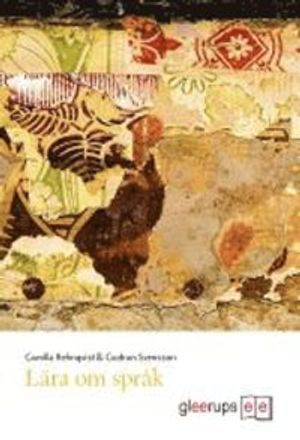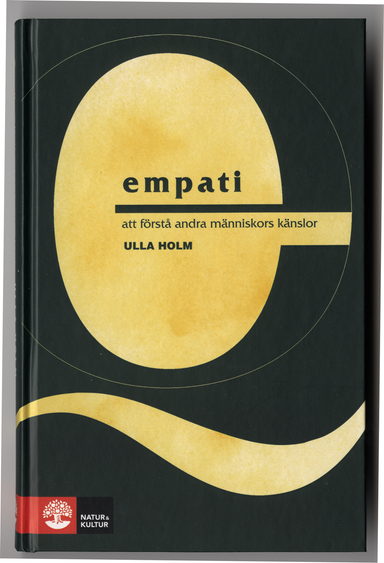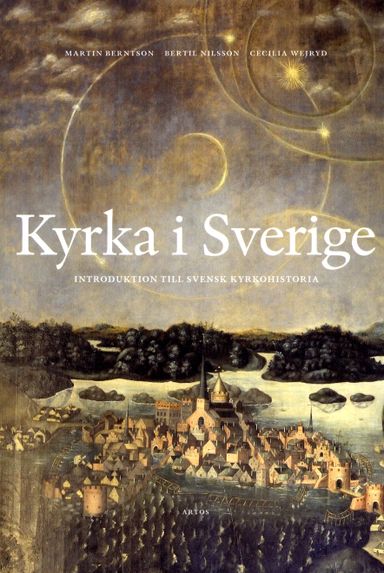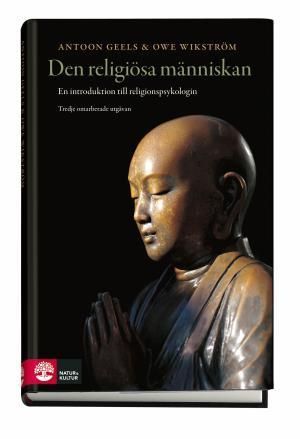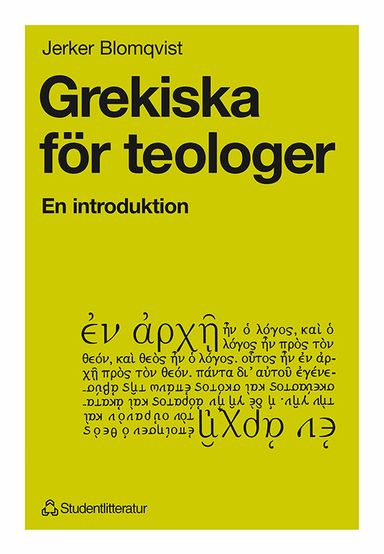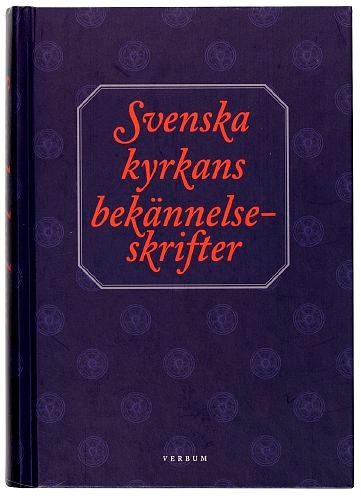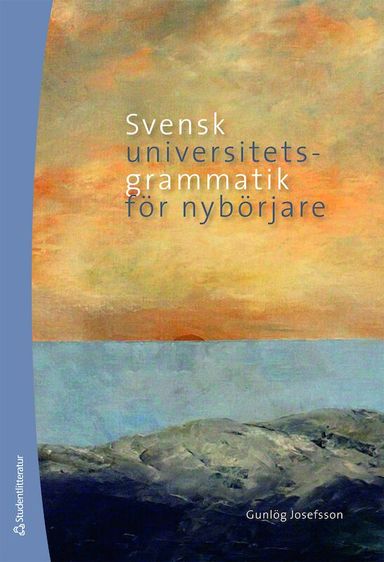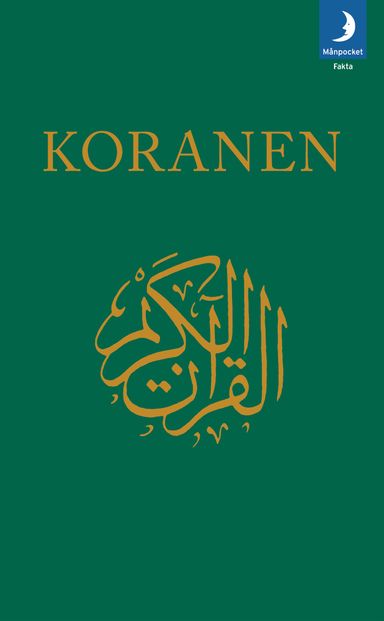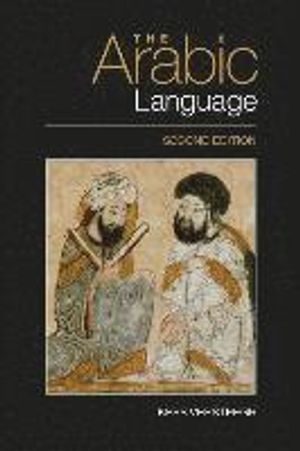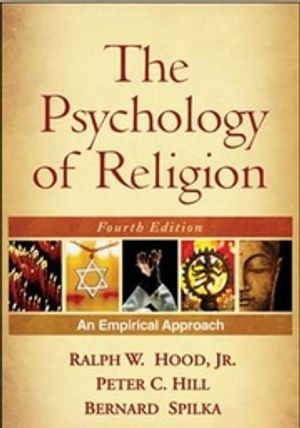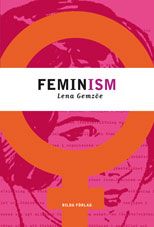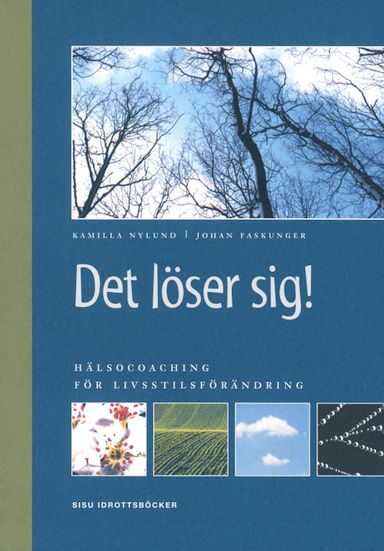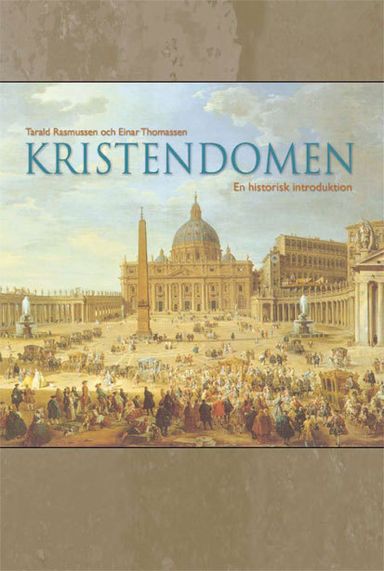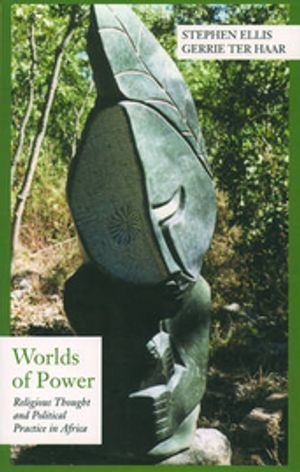

Worlds of Power
- Utgiven: 2007
- ISBN: 9780195220162
- Sidor: 272 st
- Förlag: OUP USA
- Format: Häftad
- Språk: Engelska
Om boken
With Christian revivals (including Evangelicals in the White House), Islamic radicalism and the revitalisation of traditional religions it is clear that the world is not heading towards a community of secular states. Nowhere are religious thought and political practice more closely intertwined than in Africa. African migrants in Europe and America who send home money to build churches and mosques, African politicians who consult diviners, guerrilla fighters who
believe that amulets can protect them from bullets, and ordinary people who seek ritual healing: all of these are applying religious ideas to everyday problems of existence, at every level of society. Far from falling off the map of the world, Africa is today a leading centre of Christianity and a growing
field of Islamic activism, while African traditional religions are gaining converts in the West.
One cannot understand the politics of the present without taking religious thought seriously. Stories about witches, miracles, or people returning from the dead incite political action. In Africa religious belief has a huge impact on politics, from the top of society to the bottom. Religious ideas show what people actually think about the world and how to deal with it. Ellis and Ter Haar maintain that the specific content of religious thought has to be mastered if we are to grasp the political
significance of religion in Africa today, but their book also informs our understanding of the relationship between religion and political practice in general.
Åtkomstkoder och digitalt tilläggsmaterial garanteras inte med begagnade böcker
Mer om Worlds of Power (2007)
I maj 2007 släpptes boken Worlds of Power skriven av Stephen Ellis. Den är skriven på engelska och består av 272 sidor. Förlaget bakom boken är OUP USA.
Köp boken Worlds of Power på Studentapan och spara pengar.
Referera till Worlds of Power
Harvard
Ellis, S. (2007). Worlds of Power. OUP USA.
Oxford
Ellis, Stephen, Worlds of Power (OUP USA, 2007).
APA
Ellis, S. (2007). Worlds of Power. OUP USA.
Vancouver
Ellis S. Worlds of Power. OUP USA; 2007.
